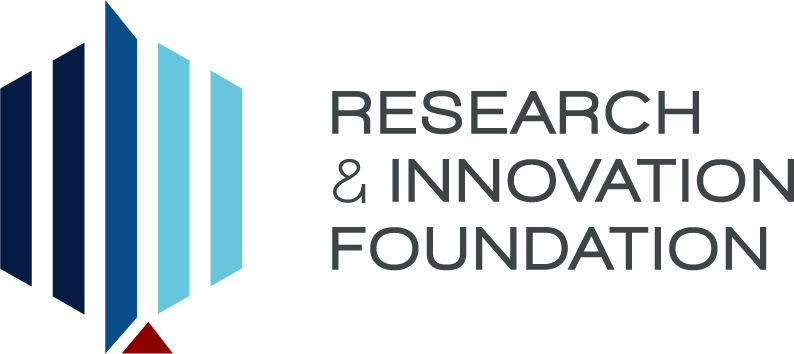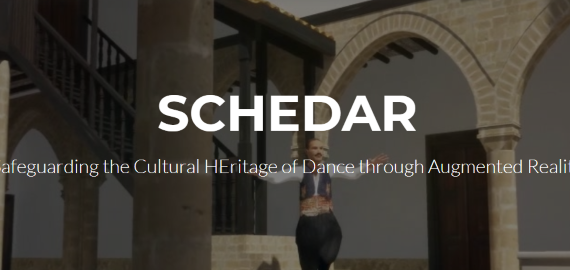Status: In Progress
- June 1, 2018
- - November 30, 2021
Dance is an integral part of any culture. Through its choreography and costumes dance imparts richness and uniqueness to that culture. Over the last decade, technological developments have been exploited to record, curate, remediate, provide access, preserve and protect tangible cultural heritage (CH). However, intangible assets, such as dance, has largely been excluded from this previous work.
UNESCO states in its 2003 Convention for the Safeguarding of the Intangible Cultural Heritage (ICH) that ICH is a mainspring of humanity’s cultural diversity and its maintenance is a guarantee for continuing creativity. However, modern factors such as globalization and the massive movement of people have diminished the unique culture of many communities, and indeed there is a now a very real risk that many types of ICH may disappear forever.
Recent computing advances have enabled the accurate 3D digitization of human motion. Such systems provide a new means for capturing, preserving and subsequently re-creating ICH which goes far beyond traditional written or imaging approaches. However, 3D motion data is expensive to create and maintain, encompassed semantic information is difficult to extract and formulate, and current software tools to search and visualize this data are too complex for most end-users.
SCHEDAR will provide novel solutions to the three key challenges of archiving, re-using and re-purposing, and ultimately disseminating ICH motion data. In addition, we will devise a comprehensive set of new guidelines, a framework and software tools for leveraging existing ICH motion databases. Data acquisition will be undertaken holistically; encompassing data related to the performance, the performer, the kind of the dance, the hidden/untold story, etc.
Innovative use of state-of-the-art multisensory Augmented Reality technology will enable direct interaction with the dance, providing new experiences and training in traditional dance which is key to ensure this rich culture asset is preserved for future generations.
Panned Impact
The project is uniquely placed to have an impact on a wide ranging sectors of the society, including researchers, dance experts and non-specialist members of the society that have an interest to learn how to dance or just about dance in general. The straightforward nature of the systems developed will facilitate even the non-expert general public to be able to engage intuitively with the dances, ensuring the outcomes of this project will be widely accessible. Interested parties ranging from national bodies to local communities will be able to safeguard their nuances of any dance, preserving it holistically for future generations.This project’s vision is that the widespread availability of cultural content in digitized forms is a critical necessity for the preservation of the continuity of our heritage and identity as Europeans. In such a context, digitization and online availability of digitized cultural content, such as dancing, has always been a top-level priority for cultural preservation. Digital storage and manipulation of intangible forms of cultural assets, such as dance performances, offers a whole new range of opportunities in the educational context by allowing integration of our project outcomes with the large-scale online libraries (such as the EUROPEANA repository; the European digital platform for cultural heritage). This will allow not only potential storage of intangible assets, but it will also enable seamless integration with existing resources into frameworks that will be able to exploit the common knowledge representation schemes and be used to provide unprecedented amounts of digital cultural resources by means of recent and emerging technologies for new and exciting educational purposes.
Investigators
EFSTATHIOS STAVRAKIS
Principal Investigator
NICOLAS NICOLAOU
Co-Investigator
Partners
University of Warwick, University of Cyprus, Algolysis, University Rennes 2 (UR2), and University of Reims Champagne-Ardenne (URCA)
Funding





